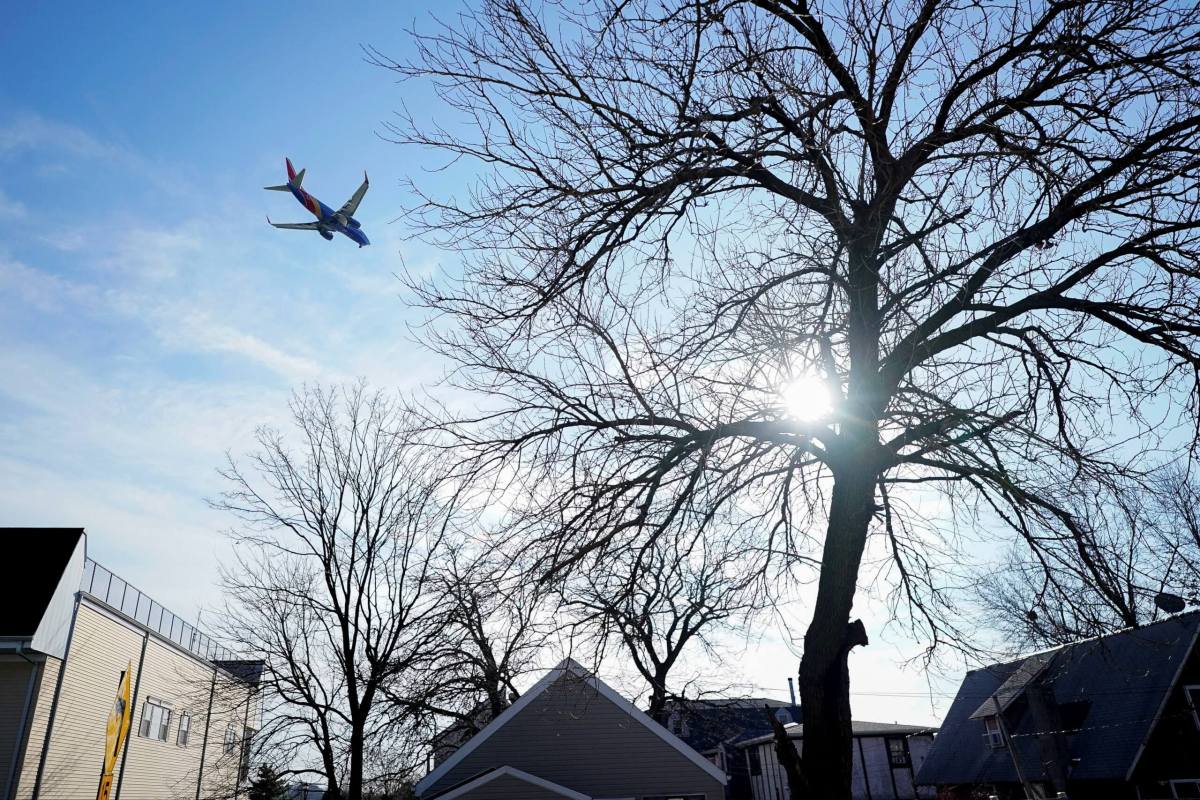AT&T and Verizon Communications on Tuesday agreed to temporarily defer turning on some wireless towers near key airports to avert a significant disruption to U.S. flights.
Both AT&T and Verizon will launch new C-Band 5G wireless service on Wednesday but agreed to delay some deployment near airports that had threatened to result in massive flights cancellations.
AT&T and Verizon in November agreed to delay deployment by 30 days until Jan. 5. Earlier this month, they again agreed to delay deployment until Jan. 19 and take new steps to reduce potential interference and provide buffer zones around key airports.
The Federal Aviation Administration has warned that potential 5G wireless interference could affect sensitive airplane instruments such as altimeters and significantly hamper low-visibility operations.
Still the announcements will not entirely solve the problem and officials warned they still expect some delays and issues tied to 5G involving some specific airplanes.
It was not immediately clear how many towers the wireless companies agreed not to activate, but airlines in recent days had proposed temporarily keeping dark 10% of towers, or about 500, sources told Reuters. Nearly all but a handful of the impacted sites are Verizon towers.
The White House took an active role Tuesday in convincing wireless carriers to again delay some service. “We’re committed to reaching a solution around 5G,” White House press secretary Jen Psaki said before Verizon’s announcement
Airlines have been preparing to cancel a significant number of passenger and cargo flights in the coming hours to prepare for new 5G C-Band service that starts on Wednesday, after warning on Monday of “catastrophic” impacts. Airlines are concerned that the issue could prevent them from flying Boeing 777s and other widebody jets to many key airports.
The chief executives of major U.S. passenger and cargo carriers on Monday said new 5G service could render a significant number of widebody aircraft unusable, “could potentially strand tens of thousands of Americans overseas” and cause chaos for U.S. flights.
The airlines asked Sunday “that 5G be implemented everywhere in the country except within the approximate 2 miles (3.2 km) of airport runways” at some key airports.
Verizon’s rollout plan is much more aggressive than AT&T’s. It is significantly impacted by the Biden administration request to delay using some towers near airport runways.
AT&T and Verizon won significant C-Band spectrum in an $80 billion auction last year.
Verizon Chief Executive Hans Vestberg told employees on Jan. 4 the carrier saw no aviation safety issue with 5G.

































